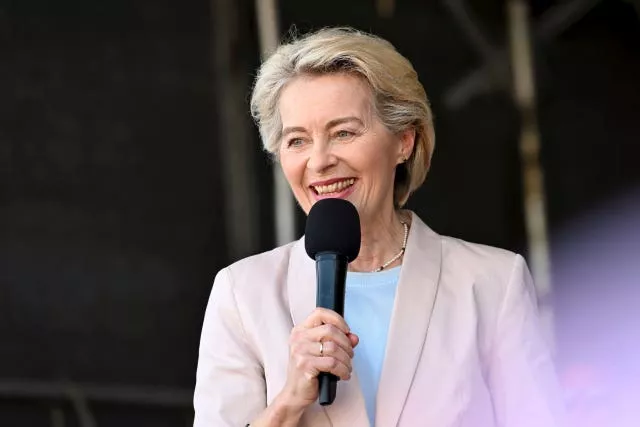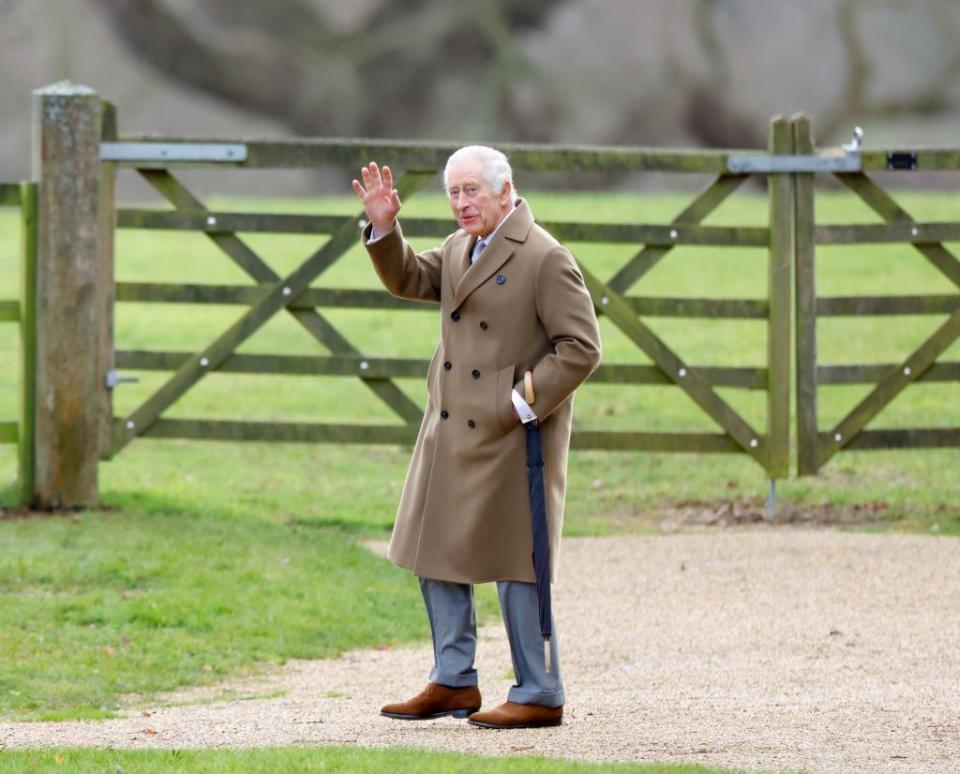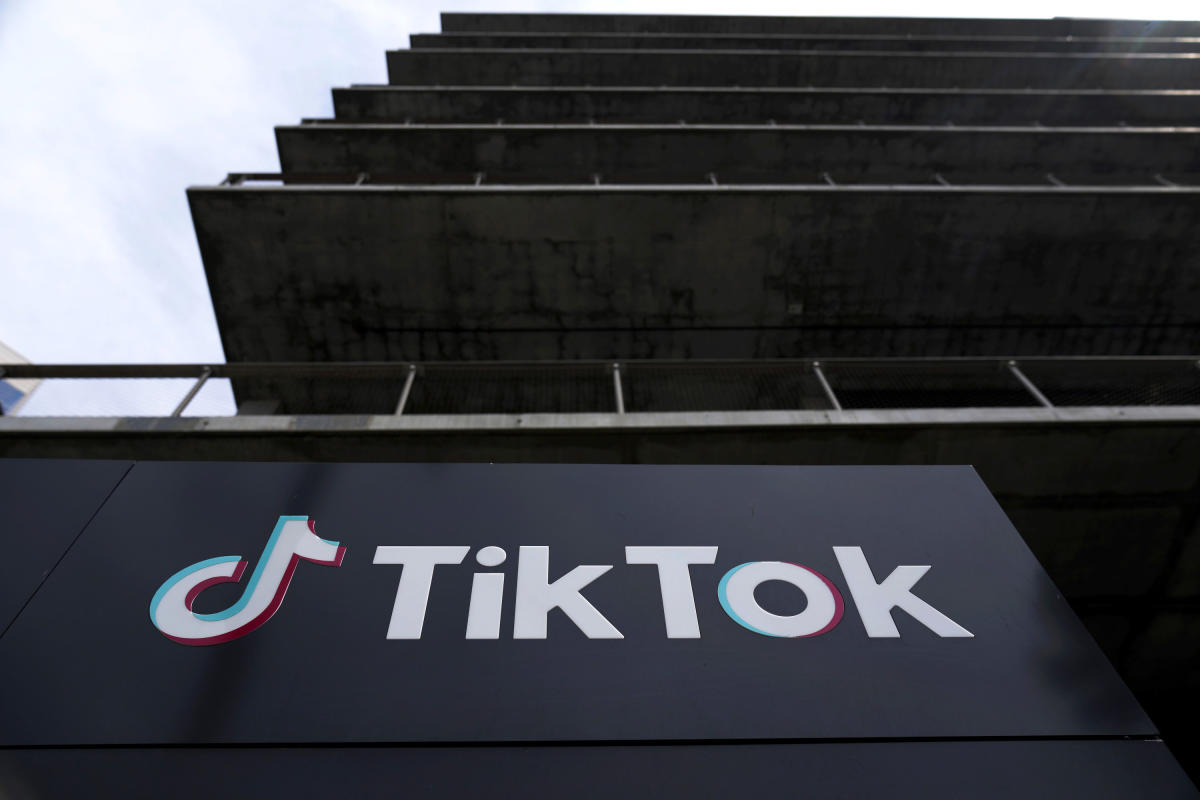Four days of voting are getting under way in European Union parliamentary elections across the 27 member states that are expected to deliver gains for the hard right.
Estonians are casting their ballots across six days, starting from Monday, but the Netherlands is the only EU country to start its single-day vote so early, followed by Ireland on Friday and the rest of the EU nations over the weekend.
Europe-wide results will be announced on Sunday night after all member states have completed voting.
Democracy is precious and important – not only for us, but for future generations.#UseYourVote to shape the future of our Union.
The moment is now.
🗳️ The #EUelections2024 begin today, with people in 🇪🇪 and 🇳🇱 casting their votes.
Your vote matters. Your voice matters. pic.twitter.com/s6JIdy7Kru
— European Commission (@EU_Commission) June 6, 2024
The Dutch voting comes six months after Geert Wilders’ far-right Party for Freedom sent shockwaves around Europe by becoming the biggest party in the Dutch national parliament. Polling suggests he will build on that popularity and set the tone for much of the bloc.
Since the last EU elections five years ago, populist, far-right and extremist parties are leading governments in three EU nations, are part of governing coalitions in several others, and appear to have surging public support across the continent.
The EU elections are the world’s second-biggest exercise in democracy behind the election in India, and the stakes are high.
Almost 400 million voters will be electing 720 members of the European Parliament from beyond the Arctic circle to the edges of Africa and Asia. They will have an impact on issues ranging from global climate policies and defence to migration and geopolitical relations with China and the US.
Since the last European elections in 2019, war has broken out on the fringe of the bloc after Russia’s invasion of Ukraine, a country that wants to join the EU.
A founding member, the Netherlands was long unwavering in its support of EU policies, but research from the Clingendael think tank suggests dissatisfaction with the bloc among Dutch people, and that while most believe that the Netherlands should remain in the EU, many also believe it should be more self-sufficient.
While many voters are predicted to move to the right, the Christian Democrat-dominated European People’s Party led by European Commission president Ursula von der Leyen is the EU legislature’s biggest bloc and is bound to be the coalition kingmaker when the dust settles on the election results.
In the Netherlands, Mr Wilders’ PVV could build on its domestic success, possibly overtaking the combined Labour Party and Green Left.
Labour topped the Dutch EU parliament election in 2019 with 19% of the vote for six seats while the Greens took 11% and three seats. Mr Wilders’ party only managed 3.5% and no seats.
He and one of his likely coalition partners, the Farmer Citizen Movement, are popular among farmers in the Netherlands who have staged regular protests to call for an easing of EU legislation they say is crippling their livelihoods.

Mr Wilders has in the past called for the Netherlands to leave the EU as Britain did, but his party’s manifesto for the election makes no mention of a so-called Nexit. Instead, it urges voters to back the PVV so it can change the EU from within, similar to plans of many other hard-right parties across the bloc.
The number of members elected in each country depends on the size of the population. It ranges from six each for Malta, Luxembourg and Cyprus to 96 for Germany.
In 2019, Europeans elected 751 legislators. After Brexit in 2020, the number of MEPs fell to 705, with some of the 73 seats previously held by British MEPs being redistributed to other member states.
The legislators, known as Members of the European Parliament, can vote on a wide range of legislation laws relating to climate, banking rules, agriculture, fisheries, security and justice.
They also vote on the EU budget, which is crucial to the implementation of European policies, including the aid delivered to Ukraine.
After the election, MEPs will elect their president at the first plenary session, from July 16 to 19. Then, most likely in September, they will nominate the president of the European Commission after a proposal made by member states.
In 2019, Ms von der Leyen narrowly won a vote to become the first woman to head the institution.
Signup bonus from




